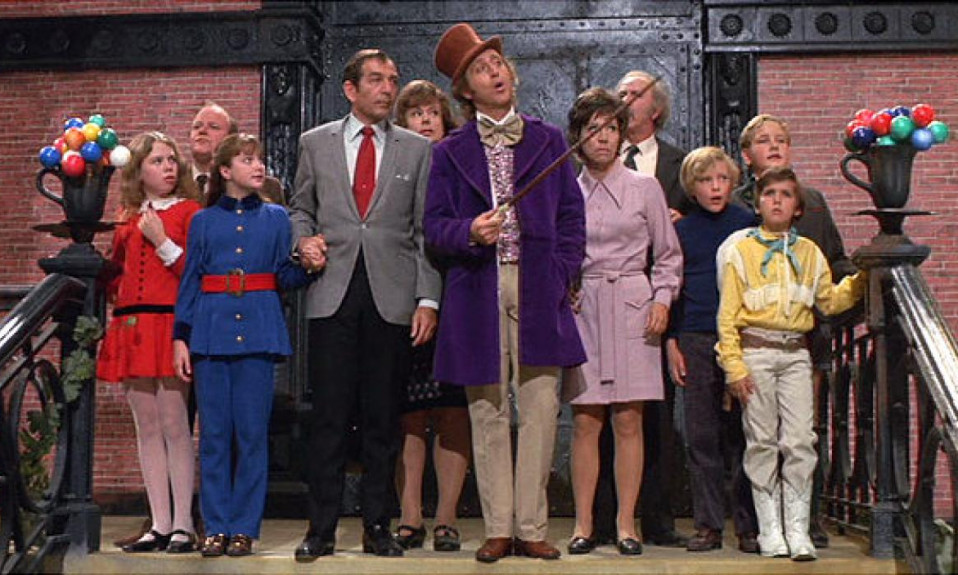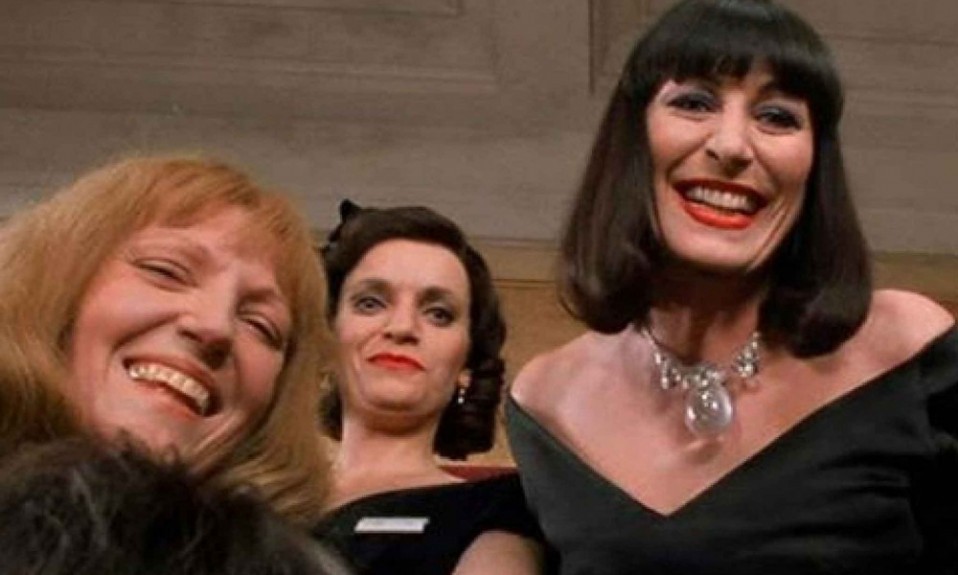Matilda The Musical is due to hit cinemas any day now and is the latest adaptation of the works of Roald Dahl. Dahl is one of the most successful children’s authors of all time with fans across the world and many adaptations have been made of his films, Charlie and the Chocolate Factory is set for its third adaptation. These are three of the highlights of the Dahl movie adaptations.
It’s important to state that there are problematic aspects to Dahl’s work and him as an individual including but not limited to – anti-semitism, colonialist and imperialist world-views and misogyny. Not only are these problems found within Dahl’s work but also he has spoken directly about some of these issues.
Spoiler Warning – Contains spoilers for Willy Wonka and the Chocolate Factory, Matilda and The Witches
Willy Wonka and the Chocolate Factory
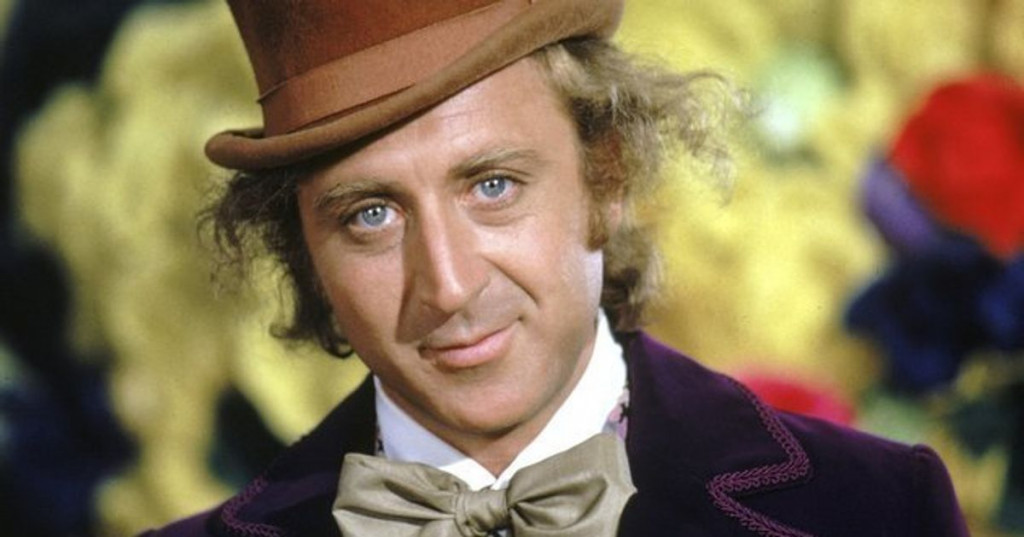
There is no need to hide the fact clearly this is the best of the adaptations. WWATCF is a great film centred around the unforgettable performance of Gene Wilder as Willy Wonka. There are “hot takes” nowadays about how Wonka is harming children, or is a sinister person, missing the fact that that was obvious from the beginning. Wonka is a reclusive genius taken to acts of whimsy and madness and while Wonka didn’t push Augustus Gloop or give Violet Beauregarde the chewing gum the whole golden ticket business was designed to create this situation. One of the great things about Dahl’s books was often how nasty they could be – Wonka’s sinister actions, Matilda literally includes the murder of a parent and George’s Marvellous Medicine is just about a child poisoning a relative.
The film is full of iconic scenes: from the endlessly parodied Oompa Loompas, the various fates of the children, and Wonka’s entrance where he seems to fall over and it turns into a somersault. Then there is the genuinely disturbing scene on the Wonka-tania, the boat ride that starts in typical colourful fashion and then becomes a harrowing psychedelic nightmare including a near hysterical Wilder half singing half screaming a song.
Matilda
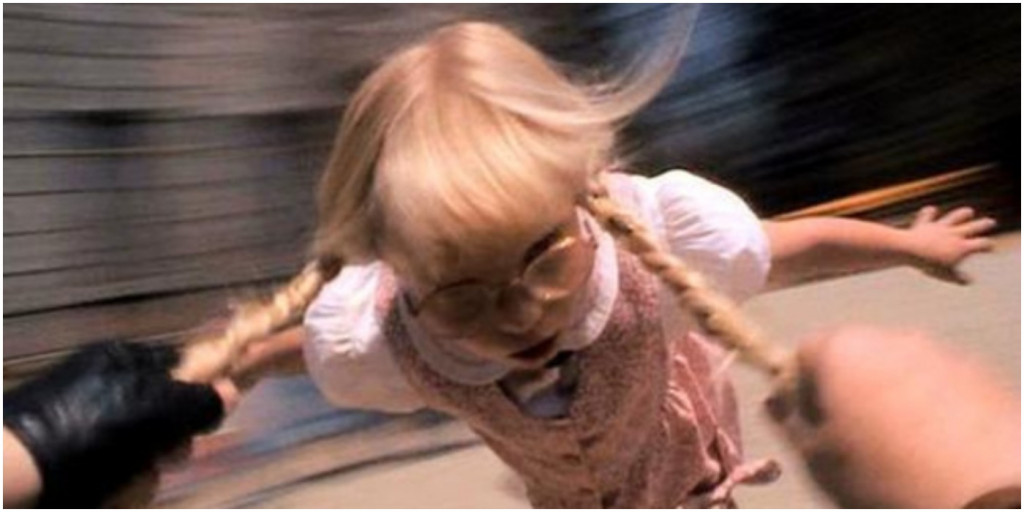
One of the most perfect children’s films ever made, Matilda is brilliant from start to finish. Mara Wilson plays the precocious Matilda, an intelligent, thoughtful and kind person growing up amongst philistines and brutes. Matilda’s parents, Mr and Mrs Wormwood, are oblivious to their genius daughter and not only do they neglect her basic needs, but disaster is also only averted because of Matilda’s genius.
Matilda is at once an absolute love-letter to the joys of reading, of how school can be a wonderful place of learning, why curiosity, empathy and courage are crucial human feelings and also there is a damning critique that there are a lot of idiots in the world, people who would much rather destroy than try to understand and those in authority are sometimes stupid and/or evil.
Many people focus on the telekinetic powers that Matilda develops as the important part of the film the key point is not that she gets these powers but that she uses them to right wrongs. Indeed, long before she has these powers she punishes her parents for their misdeeds, such as her father destroying a library book out of spite.
This is before we even get to the wonderful classroom of Miss Honey existing under the horrific regime of Mrs Trunchbull. Miss Honey represents the inspirational and caring teacher everyone wishes they had who while surrounded by cruelty and barbarity shines and makes a place of wonderfulness. Then there is Miss Trunchbull, Miss Honey’s aunt, and headmistress of the school. Miss Trunchbull is one of the most unlikeable characters in all of the literature and the cinema pulls no punches in its portrayal. Miss Trunchbull does her best to break the spirit of the children, and Miss Honey, as well as actual physical violence, will quite happily put her Olympic hammer-throwing experience to use in throwing children into the air. And again, this figure who everyone, children and adults alike, are intimidated by Matilda stands up to.
The Witches (1990)
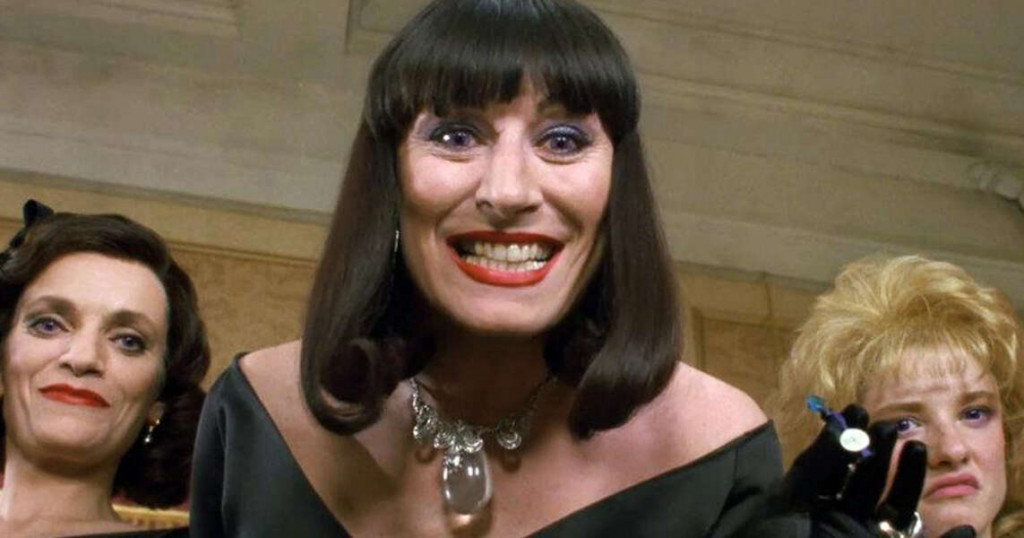
It seems that director Nicholas Roeg set out to make the scariest and most traumatic children’s film of all time and he probably succeeded. The Witches is a non-stop exploration of the deep fears of children, whilst many horror films play the idea of “monsters” are actually real The Witches talks about the study of witches. The fear of strangers, of creepy sinister creatures all around you. Given that perhaps Roeg’s most famous film is the odd, confusing, terrifying, grief-stricken horror Don’t Look Now it’s not surprising this is the film he came up with. The special effects for the witches, especially the Grand High Witch are incredibly effective, and the transformation scenes (as various people are transformed into mice) would fit in well in a David Cronenberg film.
It is very likely that Dahl will continue to exert a strong influence on children’s literature and more adaptations will follow. Clearly, Dahl was a very talented writer with a wicked imagination that delighted children and it is another example of having to contend with a problematic figure that is huge in popular culture. These three films still stand up as excellent examples of the genre and each have entertained and influenced generations.
Also Read: The Beautiful World of Clay Animation


